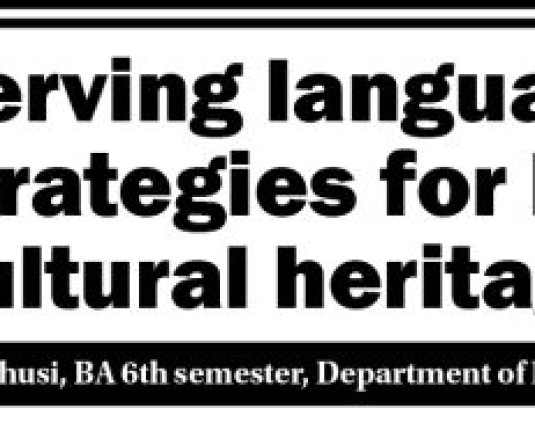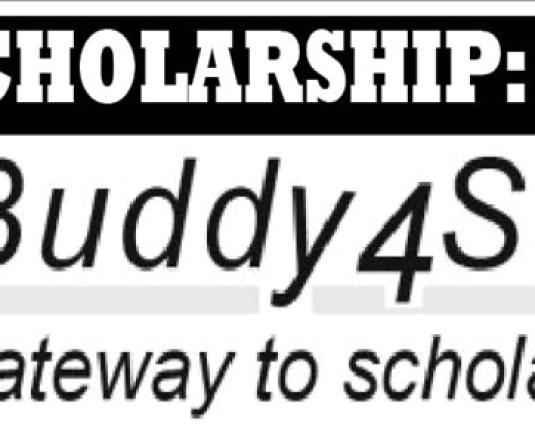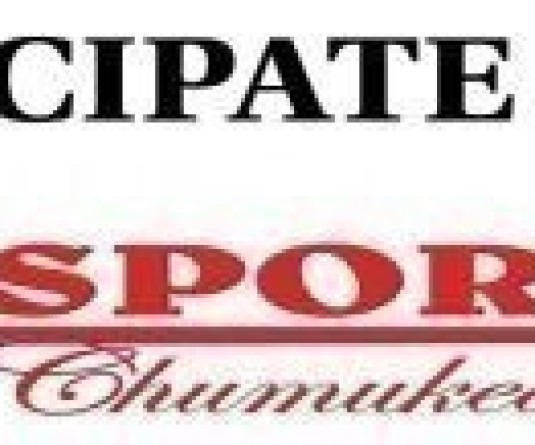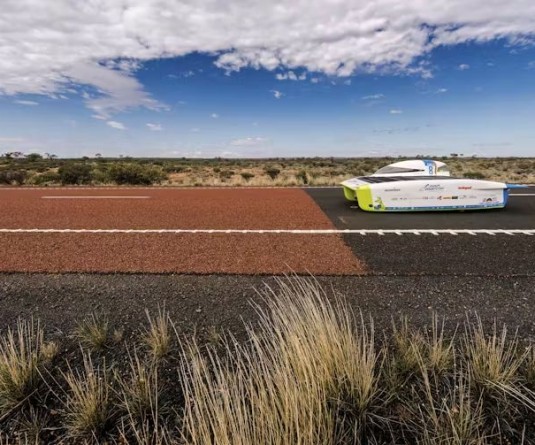
Teachers today are experiencing a whole different approach to education while dealing with the 21st century students. In this era of modern science and technology, students are usually equipped with latest gadgets rather than with notebooks and pens. This 21st century students are so occupied with technology outside of the classroom walls, that they have made it their real world. In such a scenario where technology is dominating the world we live in, it is becoming a challenge for teachers to keep up with the changing trends.
Technology is changing the world at an alarming rate, and dealing with the students of today demands a vastly different approach than earlier. A lot of development has occurred in the field of information, work culture, socialising and many more. And as teachers we need to be ready to prepare our students to face this new world and ensure that they are equipped with the tools and knowledge to compete in the global economy.
One of the biggest challenges for us teachers is to keep up with technology and adapt to the changes that are happening around us. Our educational system, curriculum and the approaches we believe in needs to improve along with the passage of time. We need more than the very foundation of a basic skills-oriented education program ie. the 3 R’s- Reading, Writing, and Arithmetic. Jill Jenkins, in her article “The New Three R’s of education: Resourcefulness, Responsibility, and Respect”, beautifully explains how expectations of the world have become more complicated and the demand on education has also become more complicated. These new three R’s would be very significant in dealing with 21st century students: (1) Resourcefulness – “By encouraging students to explore and experiment, teachers can provide students with opportunities to use resources and depend on themselves instead of adults”. Today’s students must be taught to depend on themselves and he/she should learn to be resourceful and face challenges in the real world. (2) Responsibility – “No one ever achieved anything without hard work and accepting the responsibility of his/her own actions”. Students should be taught to be responsible citizens and the value of hard work must be inculcated in them by making them accept the negative and positive impact of their actions. (3) Respect – “The world is melting pot of different ethnicities, religions and races. Showing respect and dignity to others is the only way that anything is going to get accomplished”. Teaching students about cultural and ethnic differences can help them not only show more empathy and acceptance, but avoid behaviour that might be considered disrespectful.
21st century students must also master the 4 C’s – creativity, critical thinking, communication, and collaboration (Melinda, 2011). Along with the new 3 R’s students need to acquire these 4 C’s to be successful in the 21st century. These skills allow students to function, learn and adapt throughout life. Isn’t it interesting to be living in a world that demands new and different abilities? Critical thinking and problem solving will not only enrich the young minds but will help them prepare them for lifetime success and personal fulfilment. As educators’ one needs to impart skills that will allow students to collaborate, work on different problems, and engage with community.
Our world is changing rapidly, and while we are trying to adapt and implement new ideas, accordingly we may be faced with a lot of challenges. To become better educators it’s best to know the type of students we are dealing with. Though technology plays a big role in the medium of instruction, one should not just use technology because students have a poor attention or different interest. It is equally important that students learn to struggle and train their attention span, and learn to focus on something like books or lectures, because this strength is equally important as being technology savvy. Education today is more than just giving lessons and assignments. It is now a two way process where both the students and teachers learn from each other side by side.
Education is a lifelong process, and teaching as a career has been there without much changes in the past few years. However, considering the situation and world we are living in, one must be able to adapt to the new changes and develop and use new methods appropriately. As the saying goes "When life gives you lemons, make lemonade", as educators we need to consider modern technology as powerful learning tools at our disposal as it can develop and also help us become more efficient academically and professionally. As such, a teacher should not only embrace technology but also be willing to learn and get more out of it. This applies to the students as well, when they are surrounded by latest technology and equipment they need to take it as an opportunity to acquire more knowledge instead of wasting their time misusing it.
Traditional classroom teaching methods still continue to play an important role like it has been doing in the past, but with new modes of teaching and better tools it engages the minds of students of all ages towards greater knowledge learning. The educators will serve as the facilitator and guide to help the 21st century students.
As Ian Jukes says, “To understand their world we must be willing to immerse ourselves in that world. We must embrace the new digital reality. If we can’t relate, if we don’t get it, we won’t be able to make schools relevant to the current and future needs of the digital generation.”
Degree of Thought is a weekly community column initiated by Tetso College in partnership with The Morung Express. Degree of Thought will delve into the social, cultural, political and educational issues around us. The views expressed here do not reflect the opinion of the institution. Tetso College is a NAAC Accredited UGC recognised Commerce and Arts College. The editors are Dr Hewasa Lorin, Nungchim Christopher, Seyiesilie Vupru, Vikono Krose and Kvulo Lorin. Portrait photographer: Rhilo Mero. For feedback or comments please email: dot@tetsocollege.org.





